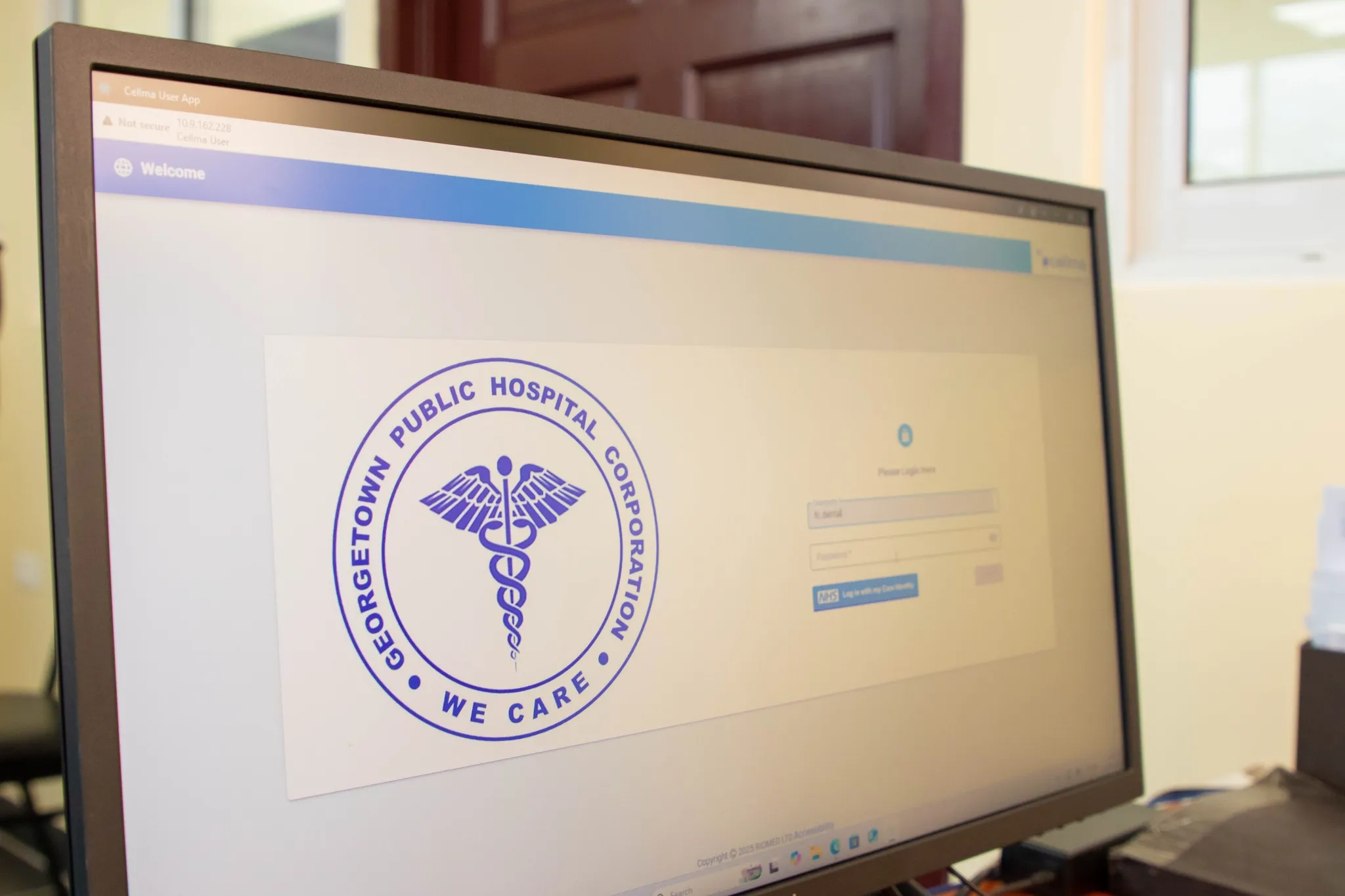By Angharad Carrick,Editor
Copyright dailymail

Households are set for another hike in their energy bills this winter with the price cap increasing this week.
The regulator Ofgem announced the average dual-fuel household will pay £1,755 from 1 October.
While prices have fallen from their peak, they remain higher than pre-crisis levels, and thousands of households will struggle to keep up with their payments this winter.
The good news is that there is energy bill help available to pensioners who are ineligible for Winter Fuel Payments and other vulnerable households.
Below, we list the help available from both the Government and major suppliers.
The Government energy bill help available
Winter fuel payments
If you were born before 22 September 1959, you could get between £100 and £300 to help with your energy bills this winter.
Previously, all pensioners were entitled to winter fuel payments, but the Government changed the rules last winter.
All pensioners will receive the payment unless they opted out last month, but HMRC will claw back the automatic payments if your income is over £35,000.
If you’re eligible, you’ll receive a letter in October or November saying how much you’re entitled to, and you’ll be paid in November or December.
Eligibility rules are the same in England and Wales, and you might also be eligible in Northern Ireland.
You cannot get a winter fuel payment in Scotland, but you might be eligible for Pension Age Winter Heating payment.
Warm home discount
The Warm Home Discount scheme discounts energy bills of certain low income households.
The way the scheme works is to make a one-off annual payment of £150 directly to the electricity supplier of eligible households. It reopens this month.
It is paid to retirees who claim the Guarantee Credit portion of Pension Credit, and to those of working age if you’re on a low income and have high energy costs.
The Department for Work and Pensions (DWP) tells energy suppliers if one of their customers falls within this group and money is then automatically credited to the customer’s electricity account.
Pension credit
Pension Credit tops up the weekly income of poorer pensioners to a minimum of £227.10 for single people and £346.60 for couples.
If your income is higher, you might still be eligible for Pension Credit if you have a disability, you care for someone, you have savings or you have housing costs.
Previously, you could only be eligible for winter fuel payments if you were receiving pension credit, but this is no longer the case.
Household support fund
You may be eligible for help from your local council if you live in England, under the Household Support Fund.
Councils decide how they run their schemes, so there may be different eligibility criteria and whether you need to apply.
Some will pay cash, normally under £200, while others prefer vouchers that can be spent in shops.
Cold weather payments
You may be eligible for cold weather payments if you’re getting certain benefits for support for mortgage interest.
This includes Pension Credit, Income Support, Income-Based Jobseeker’s Allowance, and Universal Credit.
You’ll receive a payment of £25 for each 7-day period of very cold weather – recorded as, or forecast to be, 0 degrees – between 1 November 2025 and 31 March 2026.
If you’re eligible, you’ll receive the payments automatically and you do not need to apply.
Fuel vouchers
You may be able to get fuel vouchers from your local council. If eligible, you will receive a code which can be cashed in at a shop or Post Office that has PayPoint or PayZone.
You can then top up or your gas or electricity prepayment card or key.
Priority services register:
The priority services register (PSR) lets your water and energy companies know if you need extra support.
You can join the PSR if you are: a pensioner; you live with children under 5; you’re disabled or have a health condition; you need information in a different format or language.
Once you join, you’ll have access to benefits including help with meter readings, and priority support in a power cut if your water or gas goes off.
Energy bill support available from energy firms
Energy firms are obliged by Ofgem to offer support to those struggling with bills.
Sometimes, this can mean bill discounts or access to grants through hardship funds.
More commonly, your supplier will offer you a review of your payments, or a payment holiday, to give you more time.
To find out what you’re eligible for, you will need to contact your energy firm directly.
British Gas
British Gas has two support funds, run by the British Gas Energy Trust.
The British Gas Energy Support Fund is only open to customers of British Gas who have not received a grant within the last 12 months.
Prepayment customers must owe between £50-£2,000, and credit account customers must owe between £250-£2,000 in outstanding debits.
The Individuals and Families Fund is open to British Gas and non-British Gas prepayment customers only. If your energy supplier has its own support fund, you won’t be able to apply.
You will only be eligible if you have a household income of less than £18,723 or someone in the household is registered disabled and receives a disability benefit, or receives Carers Allowance or has 3+ children.
You can find more details here.
EDF’s Customer Support Fund gives grants and support to customers struggling with energy debt. As well as energy debt, it can provide essential white foods such as a fridge or cooker.
You’ll need your account number and supporting evidence, including proof of any benefits and/or tax credits received by adults in your household.
You may also need to provide proof of any illnesses in your household that have been diagnosed by a medical professional.
You can find more details here.
The E.On Next Energy Fund pays grants towards bills, as well as other help such as replacement of old inefficient white goods and the writing off of debt for customers that cannot afford to pay their bills.
To be eligible for a grant, you’ll need to be able to cover your average monthly energy use and pass a three-month Provisional Award Scheme.
Eon will suspend any debt during this period, and as long as all payments have been made, the debt will be cleared.
If you don’t keep up with the payments, the award will be withdrawn and the debt will remain.
You’ll need to provide evidence of any benefits and/or tax credits by any adults in the household, and proof of any illnesses.
You can find more details here.
Octopus Energy
Octopus Energy has added £10million to its Octo Assist support fund, which offers free electric blankets, winter fuel payments and standing charge waivers.
Octo Assist offers help with energy debt through its partnership with Paylink, but it also helps identify other financial support customers might be entitled to. This includes benefits, grants, local schemes and tariffs from other utility companies.
Eligibility for Octopus Energy’s schemes will be determined after creating a budget with Paylink, which will ask for information on your income and spending.
You can find more details here.
Ovo’s Extra Support offers customers financial support with their energy debit, including direct debit reductions, emergency credit top-ups and extended repayment plans.
It requires customers to know their monthly available spend after paying bills before filling out a short form.
Customers might be eligible for free electric throws and smart sockets, plus home efficiency kits and upgrades.
You can find more details here.
Scottish Power
Scottish Power has a hardship fund that can pay variable levels of grants to help with energy bills.
To be eligible, you must be claiming a benefit such as Income Support, Jobseekers Allowance, Pension Credit or Employment and Support Allowance.
Otherwise you may qualify by having a low household income or have special circumstances such as losing income due to illness.
From there, you must speak to a debt charity such as Step Change, who can then refer you on to Sigma Connected Support, that handle hardship fund payouts for Scottish Power.
You can find more details here.



